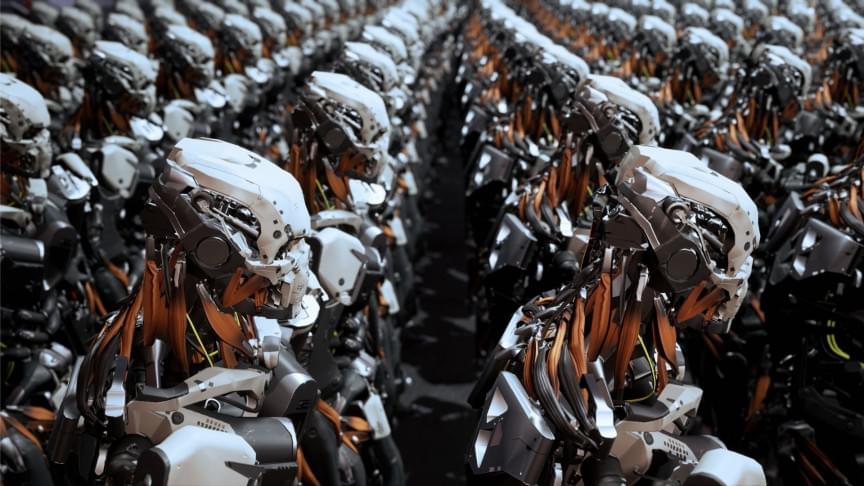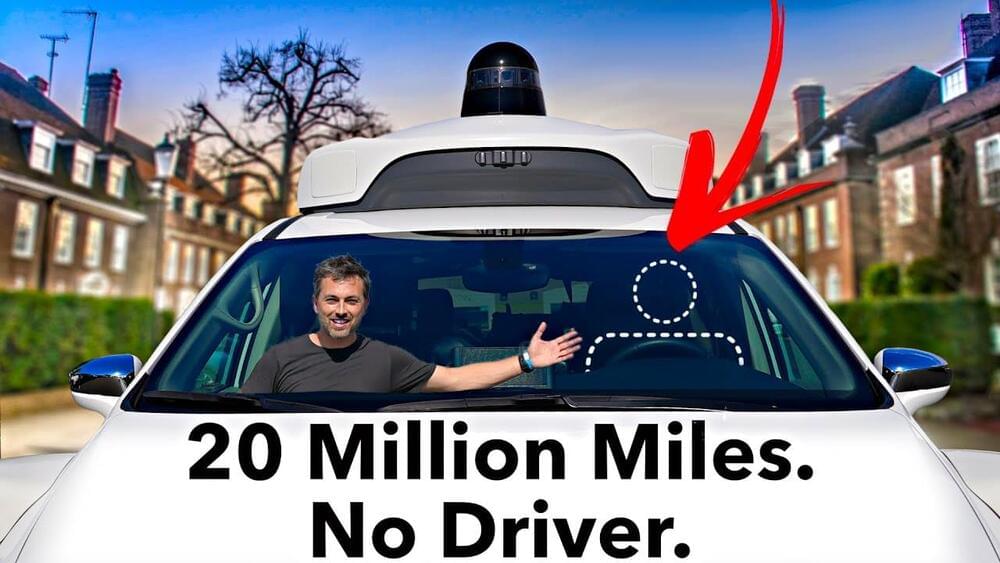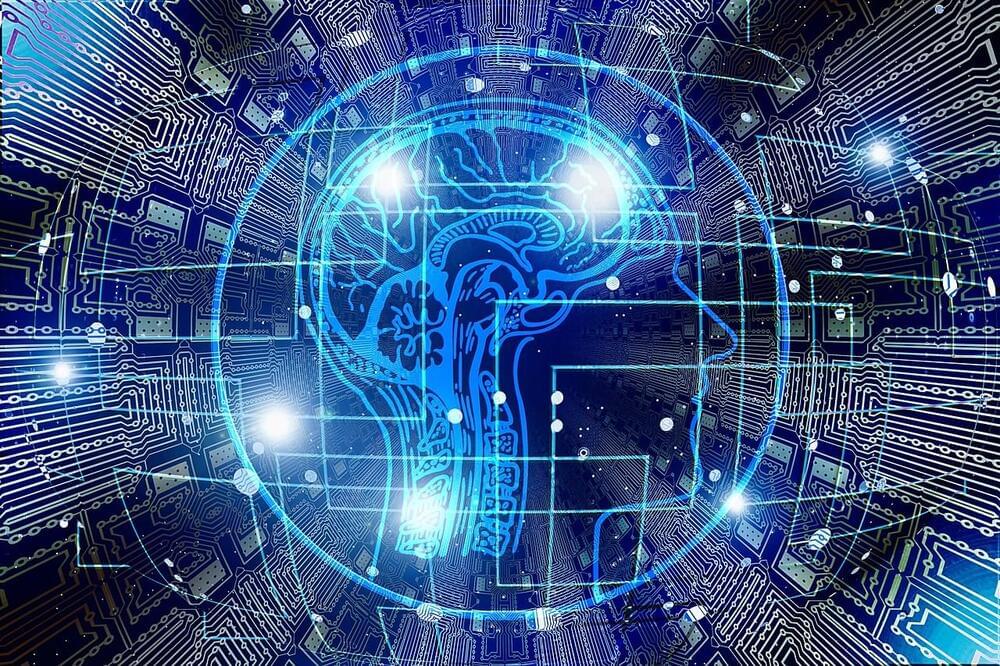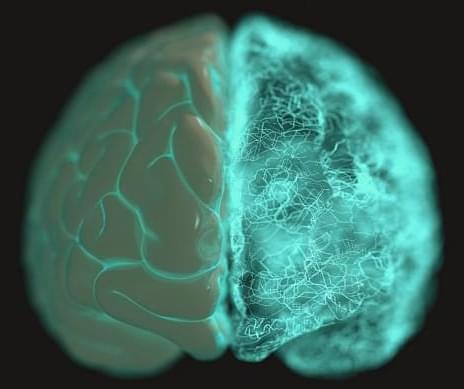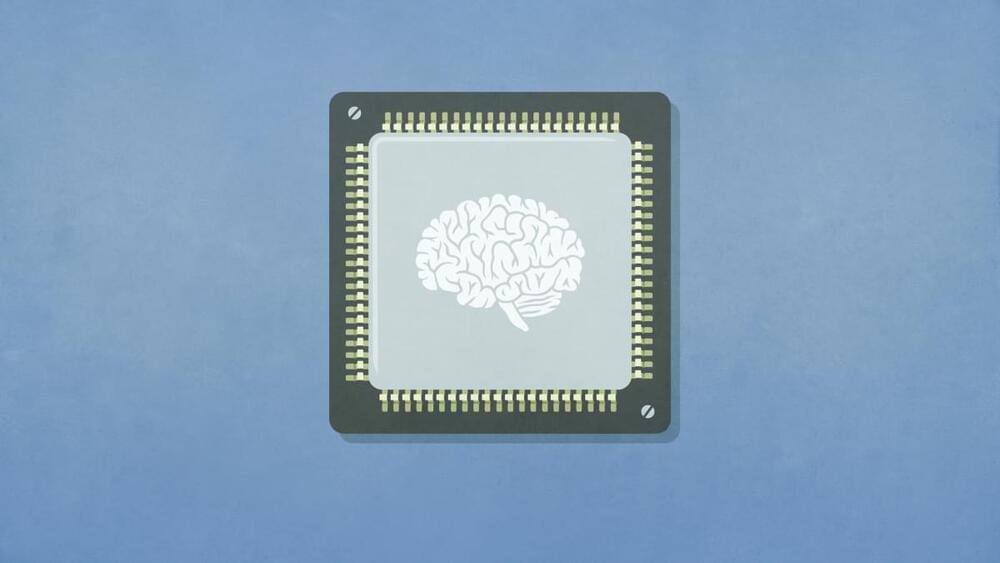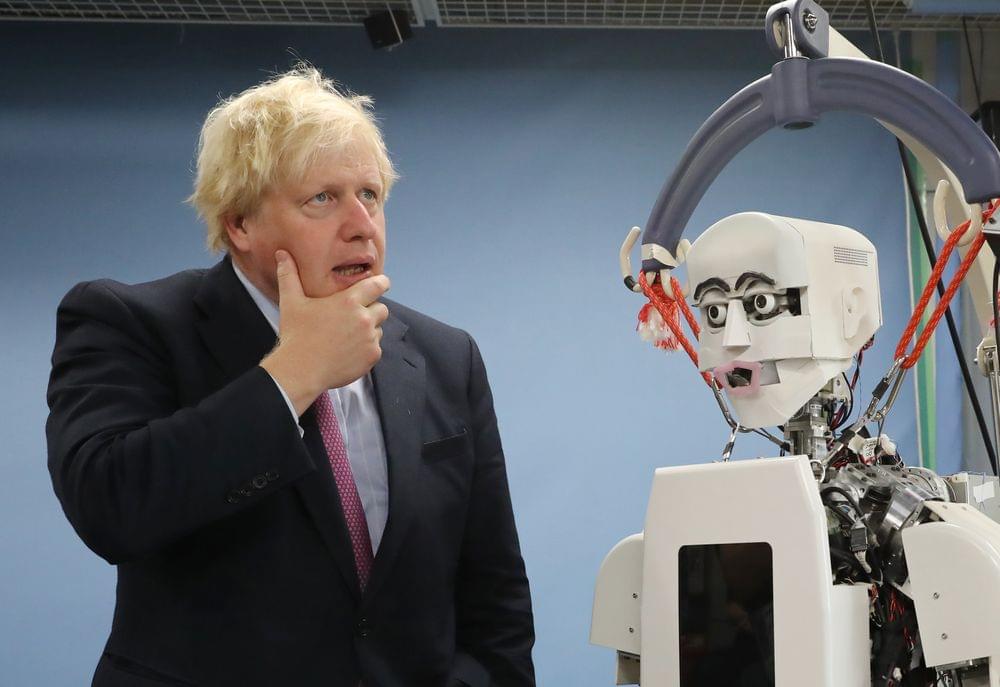They say ‘I believe in nature. Nature is harmonious’. Every big fish is eating every smaller fish. Every organ is fighting constantly invading bacteria. Is that what you mean by harmony? There are planets that are exploding out there. Meteorites that hit another and blow up. What’s the purpose of that? What’s the purpose of floods? To drown people? In other words, if you start looking for purpose, you gotta look all over, take in the whole picture. So, man projects his own values into nature. — Jacque Fresco (March 13, 1916 — May 18, 2017)
When most of us use the word ‘nature‘, we really don’t know much about it in reality. — Ursa.

